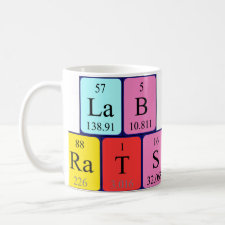
Authors: Cui WK, Zhao KY, Wei JF, Cheng GX, Li H, Sui LF, Li SD
Article Title: Adsorption properties of dye imprinted polysiloxane composite microspheres using strong basic anion-exchange resin as matrix.
Publication date: 2013
Journal: Desalination and Water Treatment
Volume: 51
Issue: (40-42)
Page numbers: 7604-7611.
DOI: 10.1080/19443994.2013.777943
Abstract: Abstract In this study, novel molecularly imprinted polysiloxane composite microspheres (MICS) have been synthesized on the surface of strong basic anion-exchange resin (001 x 7) through a surface molecular imprinting technique by using methyl orange (MO) as the template molecule, ethylenetri(β-methoxy)ethyoxysilane (KH-570) and γ-amidopropyltriethyoxysilane (KH-550) as the functional monomers in aqueous phase. The effects of species of silane, particle sizes, different templates on the adsorption and recognition properties of MICS were investigated. Langmuir adsorption model was employed to describe the isotherms and the maximum adsorption capacity was evaluated. It could be concluded that the adsorption and recognition performances of MICS prepared using two kinds of silane prove superior to those of MICS produced using only one type of silane; the imprinting efficiency of MICS is very high within five minutes and tends to be stable (2.5 - 2.8) with the time. Adsorption capacity of MO on MO-MICS is higher than that on methyl red imprinted composite microspheres (MR-MICS), indicating that the imprinted microspheres exhibit a certain adsorptive selectivity for the template. The imprinted polysiloxane composite microspheres also show excellent stability in rebinding of the imprint molecules after four adsorption-regeneration cycles
Template and target information: methyl orange, MO
Author keywords: Strong basic anion-exchange resin, Methyl orange, surface molecular imprinting, polysiloxane, Recognition, adsorption



Join the Society for Molecular Imprinting

New items RSS feed
Sign-up for e-mail updates:
Choose between receiving an occasional newsletter or more frequent e-mail alerts.
Click here to go to the sign-up page.
Is your name elemental or peptidic? Enter your name and find out by clicking either of the buttons below!
Other products you may like:
 MIPdatabase
MIPdatabase









